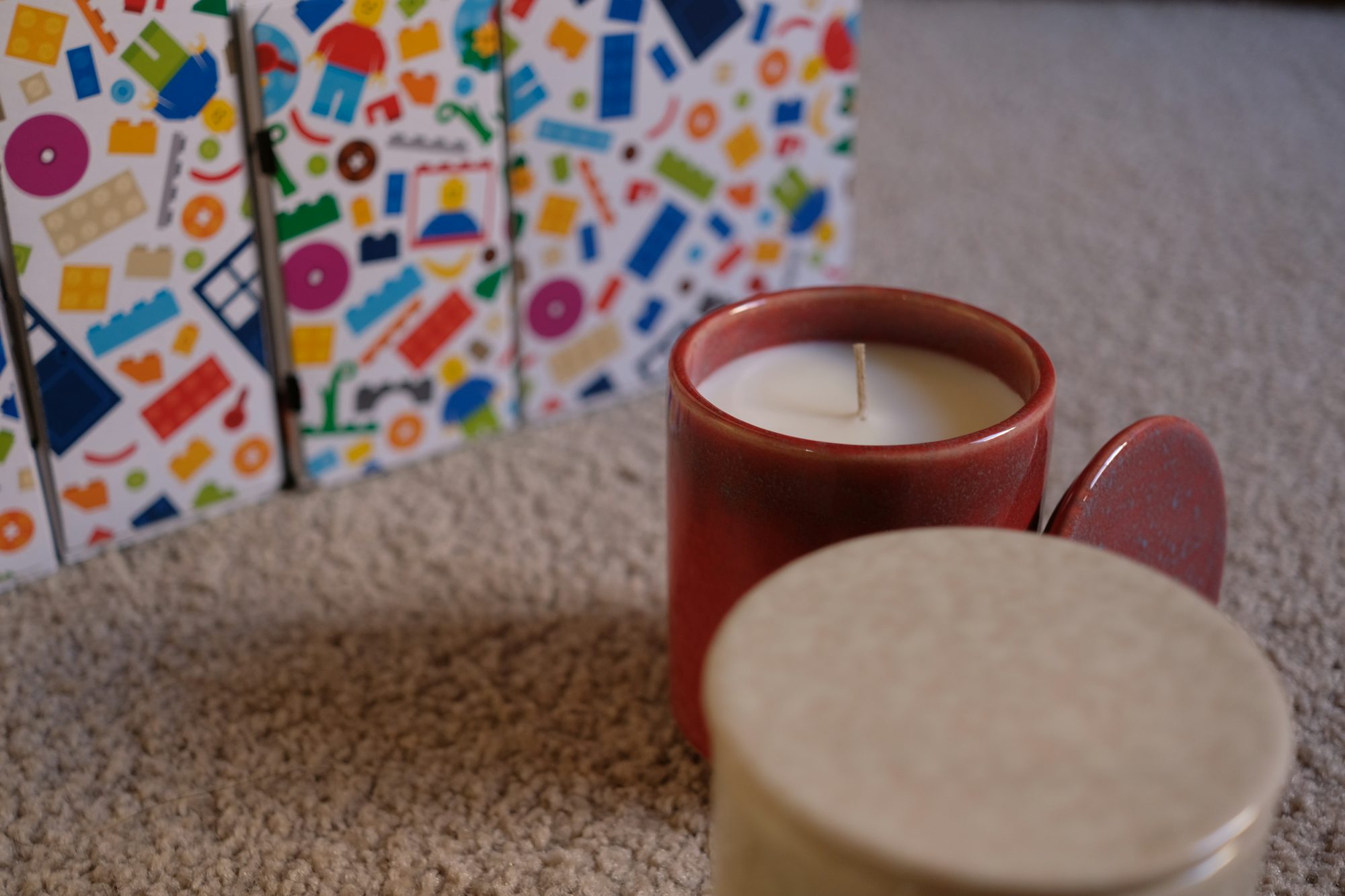
Exploring the World of Natural Perfumes: A Journey to Scented Sustainability
In recent years, there has been a significant shift in consumer preferences toward natural products, and the fragrance industry is no exception. Natural perfumes, crafted from botanical ingredients, are becoming increasingly popular among those who seek both unique scents and sustainable options. This article explores the fascinating world of natural perfumes, examining their benefits, the artistry involved in their creation, and how they align with modern values of sustainability and wellness.
Natural perfumes are typically composed of essential oils, absolutes, and other plant-derived ingredients. Unlike synthetic fragrances, which often contain a myriad of chemicals, natural perfumes prioritize the use of nature’s purest essences. This difference not only affects the scent but also impacts the overall experience of wearing perfume. Natural fragrances often possess a complexity that can evolve throughout the day, revealing different layers as they interact with the skin and environment.
One of the most appealing aspects of natural perfumes is their alignment with holistic wellness. Many people are increasingly aware of the potential effects of synthetic chemicals on health and the environment. Natural perfumes, with their plant-based formulations, provide an alternative that resonates with those looking for cleaner, greener options. Essential oils used in these perfumes often carry therapeutic properties, contributing to emotional and physical well-being. For instance, lavender is renowned for its calming effects, while citrus oils are uplifting and invigorating. By wearing natural perfumes, individuals can enjoy the aromatic benefits of these ingredients while also feeling good about their choices.
The artistry behind crafting natural perfumes is a unique blend of science and creativity. Perfumers, often referred to as ‘noses,’ undergo extensive training to develop their skills in understanding scent profiles, blending techniques, and the chemistry of fragrance. When creating natural perfumes, they rely heavily on their intuition and knowledge of how different ingredients interact. The process begins with sourcing high-quality materials, which can include everything from flowers and herbs to resins and fruits. This careful selection is crucial, as the quality of the raw materials directly impacts the final fragrance.
Once the ingredients are selected, the blending process begins. Perfumers often start with a base note, which provides the foundation of the scent. This could be a deep, earthy aroma like vetiver or a rich, sweet scent like vanilla. Next, they incorporate middle notes that add complexity, often floral or fruity, to the composition. Finally, top notes are added, which are the lightest and most volatile scents that provide the initial impression of the perfume. This layered approach results in a harmonious fragrance that evolves over time, offering a multi-dimensional experience.
Natural perfumes also invite exploration and experimentation. Because they are often less overpowering than synthetic scents, many enthusiasts enjoy layering them or mixing different blends to create a personalized signature scent. This creative process encourages individuals to connect with their fragrance on a deeper level, fostering a sense of ownership and uniqueness. As a result, natural perfumes resonate with those who appreciate the art of self-expression and authenticity.
In addition to their appealing qualities, natural perfumes also promote sustainability. The fragrance industry has faced criticism for its environmental impact, particularly regarding the use of synthetic ingredients derived from petroleum and the waste generated by mass production. In contrast, many natural perfume brands prioritize eco-friendly practices, sourcing ingredients from sustainable farms and utilizing minimal packaging. Some companies even offer refillable options, encouraging consumers to reduce waste and engage in more responsible consumption.
Moreover, the shift toward natural perfumes reflects a broader cultural trend toward sustainability and mindfulness. As consumers become more conscious of their purchasing decisions, they often seek products that align with their values. Natural perfumes provide a means of connecting with nature, as each fragrance tells a story of its origins—whether it’s a wildflower from a meadow or a citrus fruit from an organic orchard. This connection to the source adds an enriching layer to the experience of wearing perfume, transforming it into a celebration of nature’s bounty.
As interest in natural perfumes continues to grow, a new generation of brands is emerging, each with its own philosophy and approach. Some focus on traditional methods, honoring age-old techniques passed down through generations, while others embrace innovation, exploring new botanical ingredients and extraction methods. This diversity adds to the richness of the natural perfume landscape, ensuring that there is something for everyone, regardless of personal preferences or budgets.
Many consumers are now actively seeking out small, independent perfumeries that offer handcrafted, artisanal fragrances. These brands often emphasize transparency in their ingredient sourcing and production processes, providing customers with a sense of trust and connection. In an age where mass production dominates the market, supporting independent perfumeries allows individuals to contribute to a more sustainable and ethical fragrance industry.
In conclusion, the world of natural perfumes offers a compelling alternative to synthetic fragrances, blending artistry, wellness, and sustainability into each unique blend. As consumers increasingly seek out products that align with their values, natural perfumes provide an avenue for self-expression while honoring the environment. With their complex aromas and connection to nature, these fragrances invite us to explore the beauty of the natural world and celebrate our individuality. By choosing natural perfumes, we not only enrich our personal scent experience but also support a more sustainable and mindful future in the fragrance industry.
